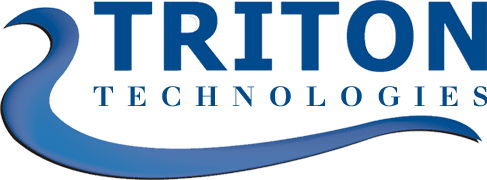HIPAA Compliance with Triton Technologies
At Triton Technologies, we are dedicated to helping you meet and maintain HIPAA compliance standards. The Health Insurance Portability and Accountability Act (HIPAA) establishes rigorous U.S. national standards for protecting individually identifiable electronic health information. These standards are applicable to healthcare providers, health information organizations, as well as other covered entities and business associates responsible for the storage, transmission, and management of protected health information.
Our HIPAA compliance solutions can assist you in adhering to the law’s provisions, which encompass the privacy and security of electronic protected health information. This includes upholding the rights of individuals to access or amend their protected health data, as well as compliance with HIPAA security rules governing administrative and technical safeguards. We can also help you meet the necessary requirements for policies and procedures, along with documentation needs.


